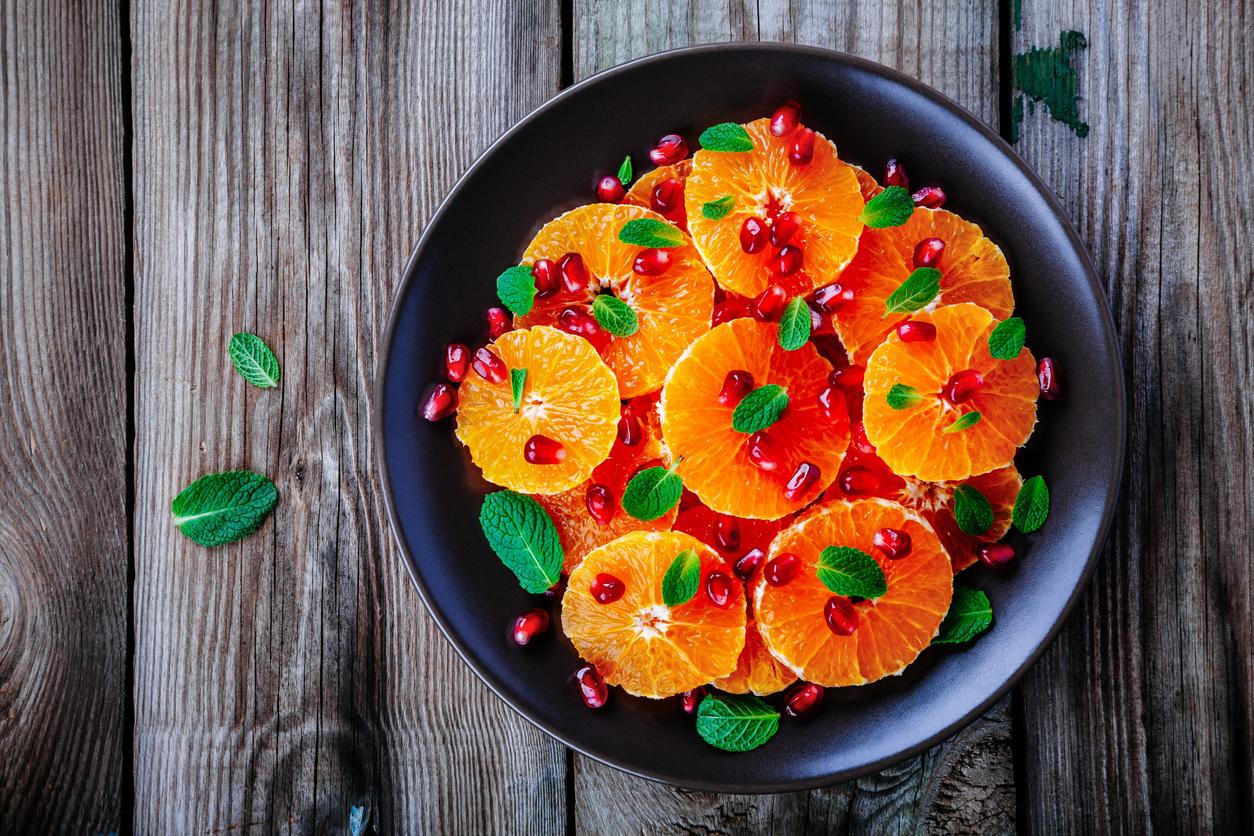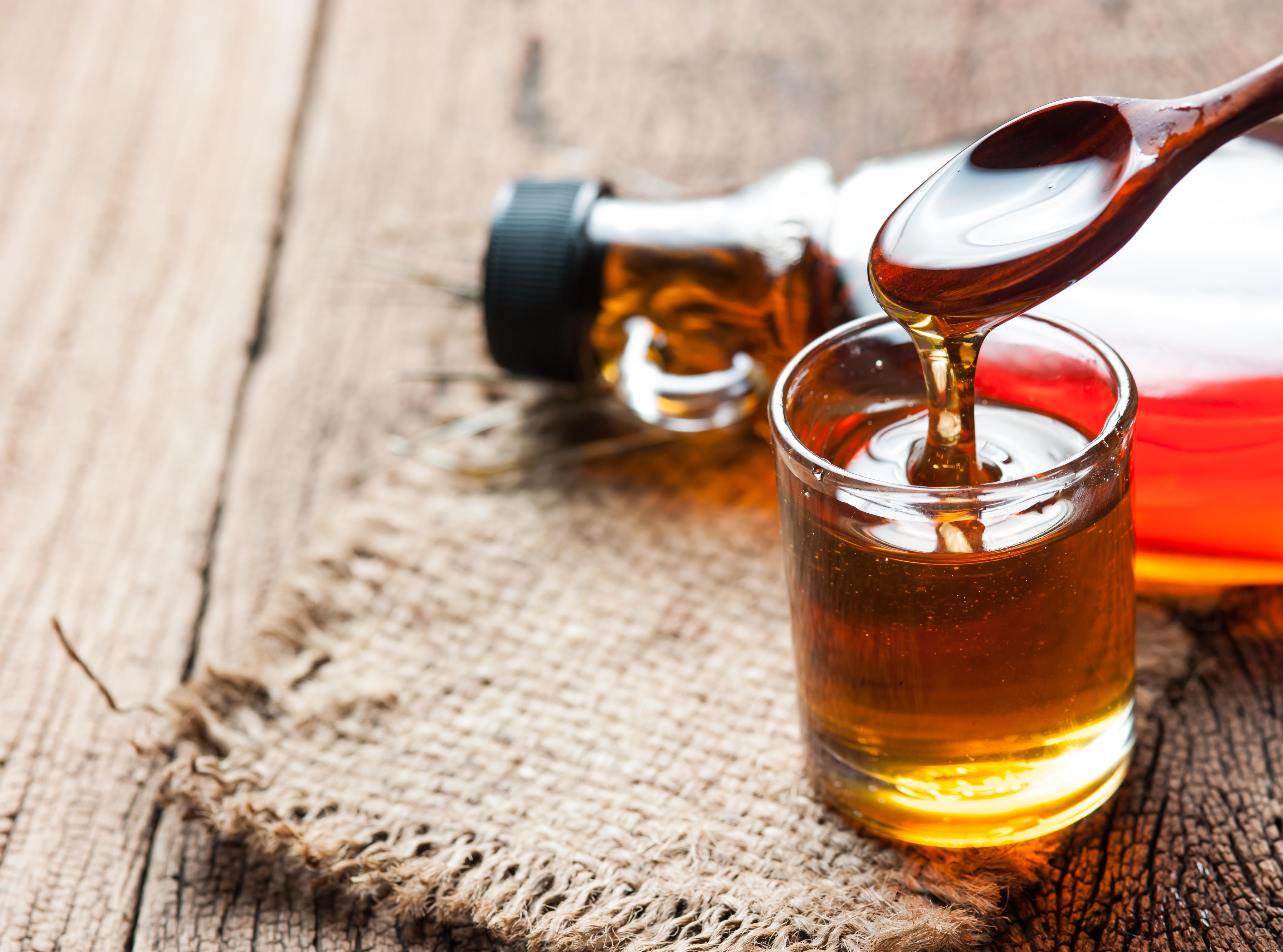Fructose would modify the genes, and would promote the appearance of diabetesof the cardiovascular illnesses, Alzheimer’s disease or attention deficit hyperactivity disorder, depending on the results of a study published in the medical journal eBioMedicine. On the other hand, the consumption of omega-3 could reverse the process. Conclusions obtained on rats.
Scientists from the University of California-Los Angeles (UCLA) in the United States conducted a study with rats randomly divided into 3 groups. For 6 weeks, a group of rodents drank water with a concentration of fructose that represents the consumption of 1 liter of soda per day in humans. The second group underwent a diet high in fructose, but with a diet rich in DHA (omega-3). The other rats served as controls.
At the end of the study, the researchers observed that the rats in the fructose group without omega-3 suffered from memory problems, and saw their blood sugar levels, triglycerides and insulin levels increase. As a result, these rats showed an increased risk ofobesity and diabetes. The scientists also observed that consuming fructose altered the expression of more than 700 genes in the hypothalamus, a part of the brain involved in the metabolic control of the brain, and more than 200 genes in the hippocampus, an area involved in learning and memory. These altered genes in rats are comparable to human ones known to regulate metabolism, cell communication and inflammation.
On the other hand, this study also made it possible to show the effectiveness of omega-3 to fight against the harmful effects of fructose.
Balance your diet
Fructose is a simple sugar found in white sugar, agave syrup, fruit or honey. But it is added to many food preparations as high fructose corn syrup (glucose-fructose syrup). If it is essential to limit its consumption, it remains preferable to consume fruits rather than sweet products.
To fill up on omega 3, you must cover the intake of alpha-linolenic acid (ALA), docosahexaenoic acid (DHA) and eicosapentaenoic acid (EPA) as follows.
To reach the goal of 2 to 2.5 g of ALA per day, simply add 1 tablespoon of rapeseed oil (1.25 g of ALA) and 5 walnuts, i.e. 10 g, to your diet ( 800mg ALA). To consume 250 mg of EPA + DHA daily, you can put on the menu ½ can of 115g of sardines, ½ can of 120 g of canned mackerel or 50 g of salmon (raw, farmed).
Read also:
Sugars: fructose makes you hungry and glucose reduces your appetite
Sugar, salt and fat: why are we addicted?
Advice from a former sugar addict to stop eating it


















